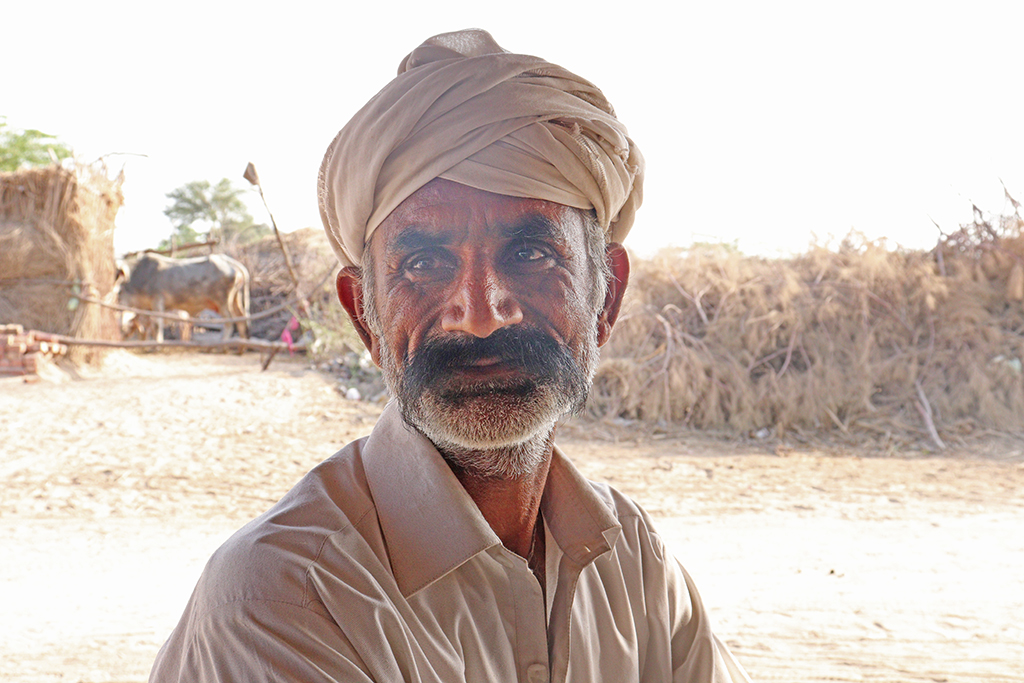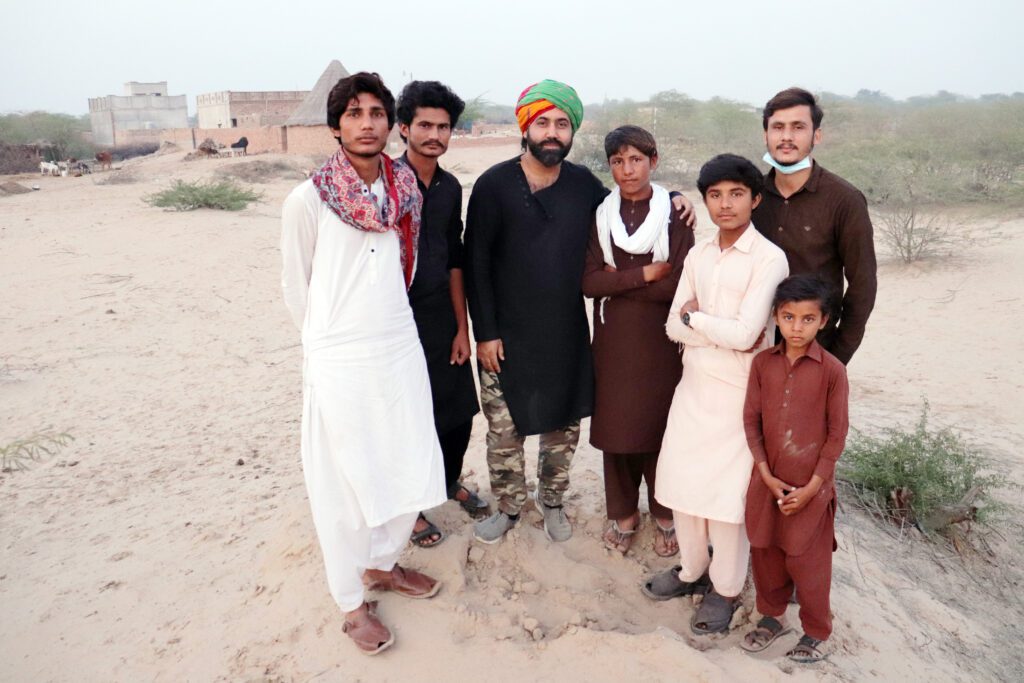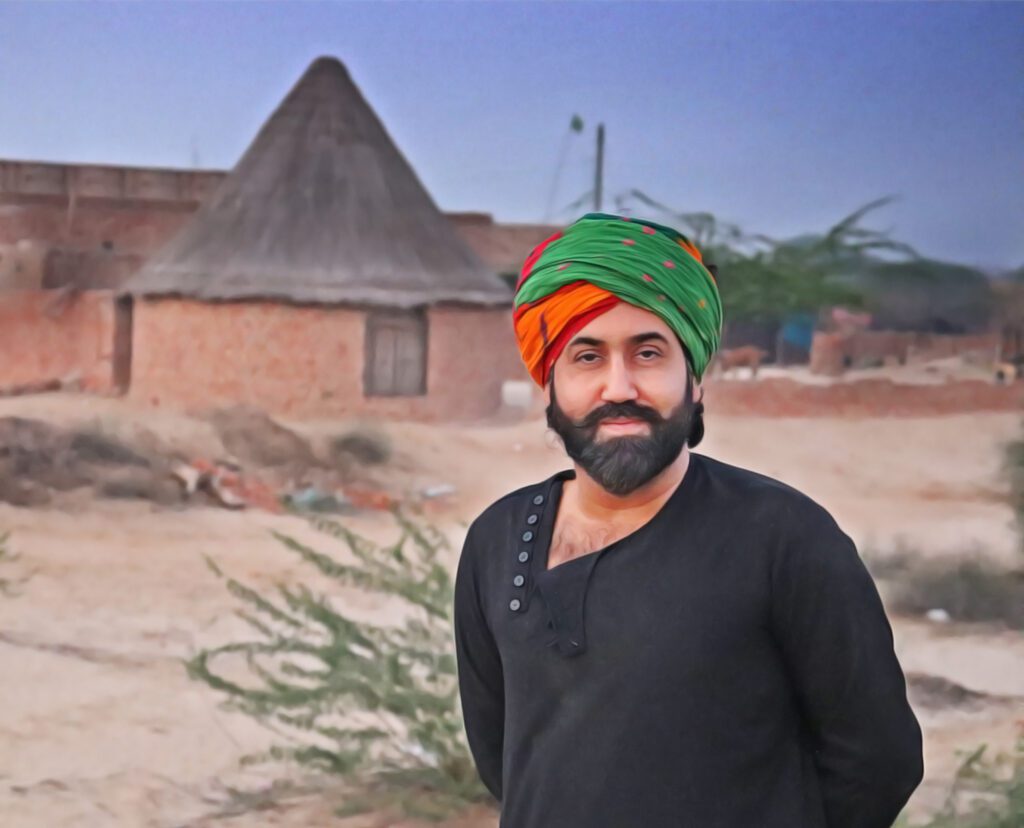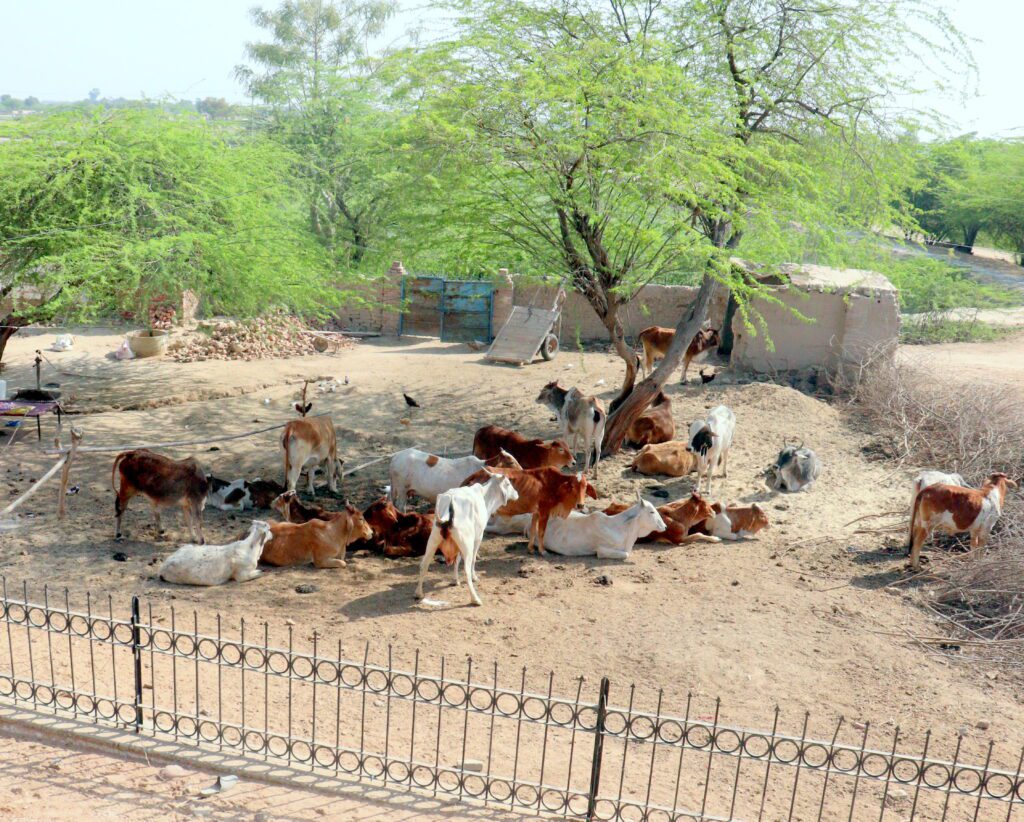Rohi
The first of scarabs

Future is where Regeneration and community involvement are taking center stage, Ecoist has initiated an initiative to set that stage for a regenerative and circular economy.
Vermicomposters function same way as scarabs do in Nature. Just as scarabs aid in breaking down organic matter, our composting enthusiasts with their Eisenia Fetida earthworms, transform organic waste of their surroundings including the kitchen scraps into nutrient-rich vermicompost. Much like scarabs contribute to the natural recycling process, vermicomposters play same crucial role in converting waste into a valuable resource, embodying the harmony and efficiency of nature’s recycling mechanisms.
Our Vermicomposting Communities, we name them Scarabs are community-owned vermicomposting farms that stand as a beacon of hope for the environment and communal unity. Much like the scarab beetles that facilitate decomposition and rejuvenation in nature, the vermicomposting communities, Scarabs, play a parallel role in environmental conservation.

Mission
We aim to propagate among masses the virtues of Ecoprenuership and circular regenerative economic activities such as vermicomposting.
Vision
Regenerative & Wellbeing Economy is not an alterative Economy, this is the way out of the existential planetary crisis.
Impact
Scarab communities inspire circular economies, restore soil health, and exemplify collaborative environmental stewardship, resonating hope for a harmonious planet.
Ecoist’s Vision of Scarab Communities
Ecoist, a vanguard of environmental consciousness, has embarked on a trailblazing journey with the inception of community-owned regenerative circular economic activities. The heart of this endeavor is vermicomposting – a practice that capitalizes on the power of earthworms to transform organic waste into nutrient-rich compost.
By harnessing the power of earthworms, they convert discarded materials into nutrient-rich compost, nurturing the soil and fostering a regenerative circular economy.
The Scarabs’ collaborative efforts extend beyond waste conversion; they symbolize unity and shared purpose. Just as scarabs contribute to the vitality of ecosystems, these communities enrich their surroundings by returning nutrient-dense compost to the soil. This practice not only minimizes waste and landfill accumulation but also bolsters agricultural productivity. Ultimately, Scarab communities showcase the potential of collective action to inspire sustainable change, echoing the timeless harmony found in nature’s intricate balance.
 What sets this initiative apart is the ownership – each community involved is lovingly referred to as a “Scarab.”
What sets this initiative apart is the ownership – each community involved is lovingly referred to as a “Scarab.”
Drawing its name from the scarab beetle, which in nature signifies the circle of life, these Scarab communities take on the role of stewards of the earth. Their mission? To breathe life back into the soil that nurtures them.
Cholistan | where the miracle of Regeneration emerges from sands
Cholistan is the north western part of the great Thar desert. Great Sufi saint Khawja Ghulam Fareed named it Rohi which means a beautiful wilderness. This region is home to Meghwar hindu community as they are original inhabitants of the region and almost all families rely on dairy livestock for survival and a number of these families do agriculture by side. We observed in Meghwars a deep connection with Mother Earth and nature and unlike the majority of masses, they consider Earth and all elements the holiest.
There we met Our Eco-hero Mr Yudhishther lal Meghwar, who dared to lead the first Scarab community and we named it Rohi Scarab. Yudhishther is a Master graduate in Zoology and born leader who has taken charge to pull his minority community up the line of poverty with vermicomposting, while regenerating their degraded ancestral agricultural lands.
Introducing Communal ownership
The heart of the Rohi Scarab’s success lies in the hands of its community members. The vermicomposting process is not just about waste conversion; it’s about transforming lives. Scarab members actively participate in every stage, from waste collection to nurturing the worms, all the way to harvesting the precious compost.
Communal ownership is the key of empowerment here. As the community reaps the rewards of their labor, they also sow the seeds of a sustainable future. The vermicompost generated enriches their own lands, yielding healthier crops. What once was discarded as waste now becomes the lifeblood of flourishing fields.
The Ripple Effect of Regeneration
The impact of the Rohi Scarab will reach far beyond its borders. The scarab communities are catalysts for change, inspiring neighboring regions to follow the suit. As the practice of vermicomposting spreads, a ripple effect of regeneration unfurls as the second of Scarab is Ghazi Scarab, that’s first university of Pakistan that has started the vermiculture setup inspired by the Rohi Scarab. And we’ll witness the ripples crossing all borders.
Unity in Diversity, Strength in Purpose
The Rohi Scarab is not merely a farm; it’s a testament to the potential of unity in diversity. The Meghwar Hindu minority community has shown that environmental stewardship transcends cultural and religious lines. Their commitment to sustainability exemplifies how a shared purpose can bind communities together, fostering understanding and collaboration.
As the scarab communities thrive, they remind us of our intrinsic connection with the Earth. They remind us that each action we take – no matter how small – has the power to shape our world for the better.
A Future Tied to the Earth
In a country like Pakistan that’s grappling with environmental challenges, our community owned vermicomposting initiative offers a tangible solution. Landfills shrink, emissions reduce, and nature breathes a sigh of relief. The scarab communities demonstrate that a small shift in perspective can lead to monumental shifts in outcomes.
The Formation of the Rohi Scarab marks a new era one where communities take charge of the Ecological destiny of their homeland. Urging the nearby communities to rethink their relationship with the environment and embrace practices that harmonize with nature’s rhythm. It underscores the potential of collective efforts to drive positive change.
In the vast desert sands, Rohi Scarab stands not only as a farm but as a symbol of hope, resilience, and the limitless possibilities of community-driven action.
It invites us all to join hands, hearts, and souls in cultivating a Regenerative future that honors both people and planet.
Listen to Yudhishter Lal after 1 year of success in Vermicomposting
